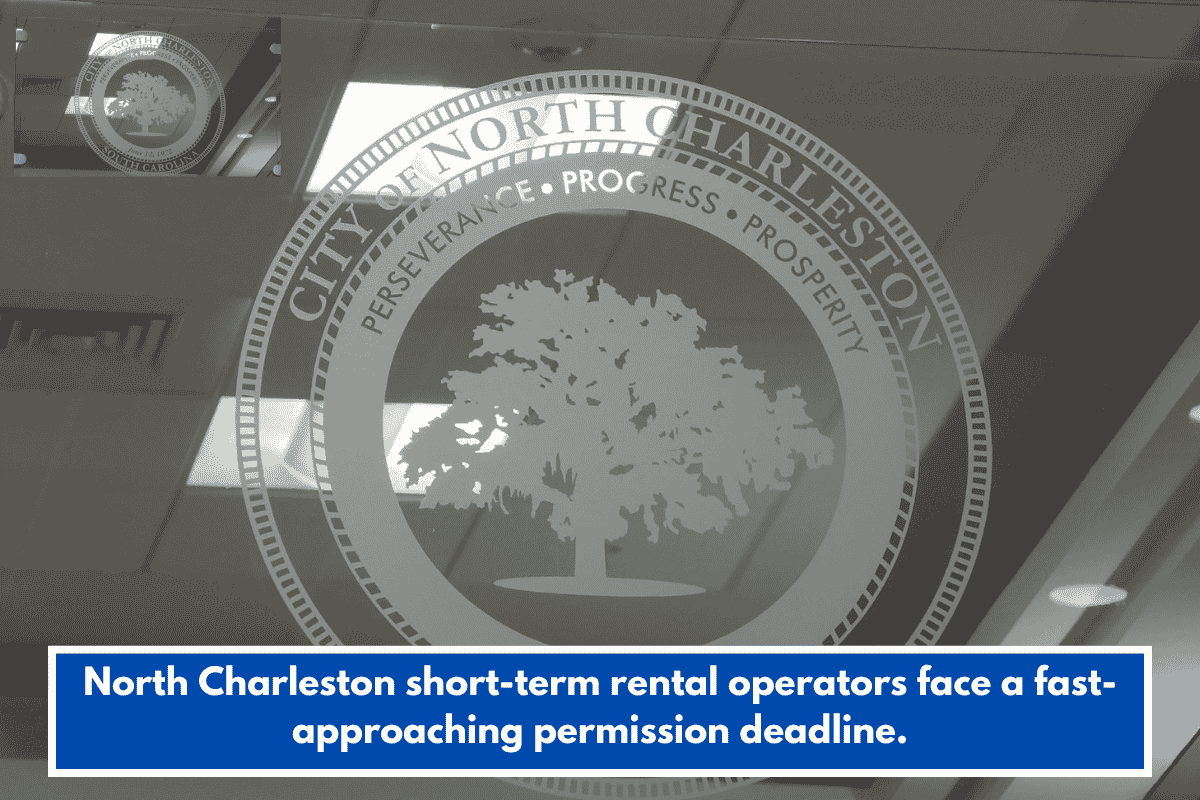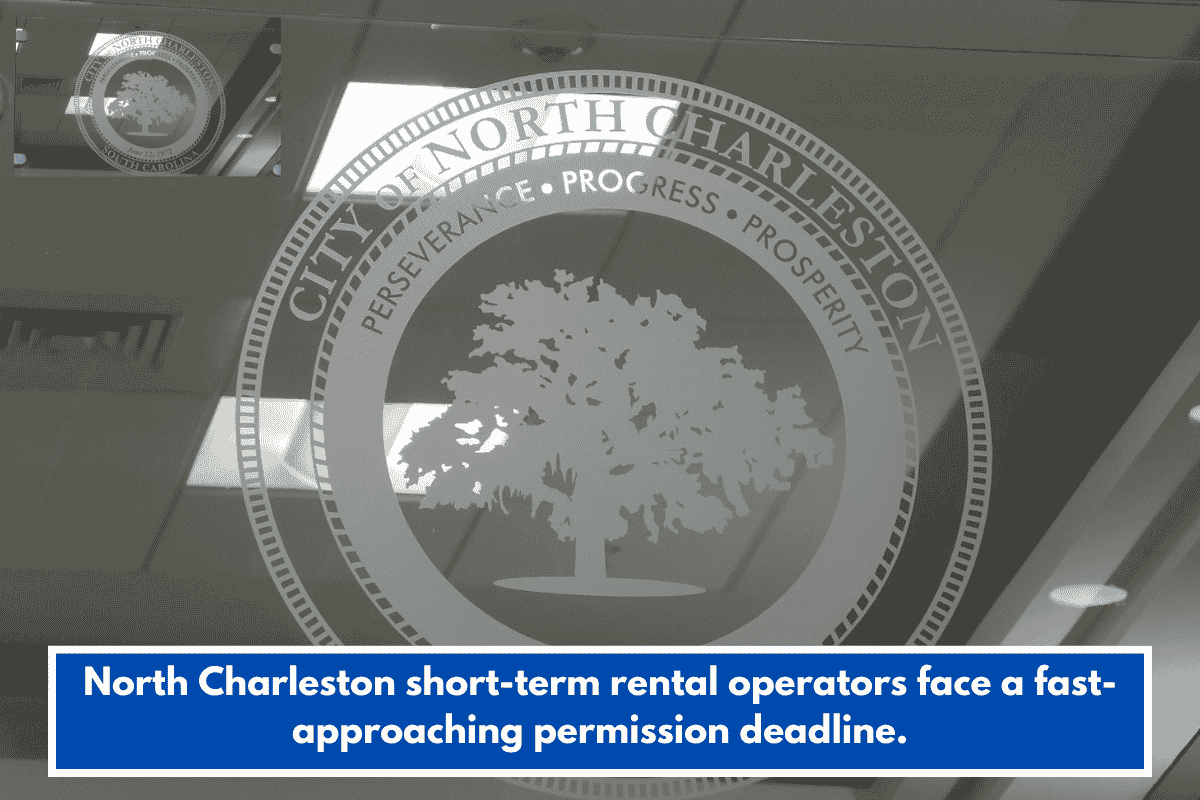For decades, Social Security has served as a financial safety net for millions of Americans during retirement. However, with growing concerns over its long-term sustainability, many are wondering how to plan for their future if Social Security benefits are reduced or depleted by 2034. While it’s unlikely that Social Security payments will completely vanish, the trust funds could be depleted, and only about 80% of scheduled benefits would be payable unless Congress takes action.
For those in their 40s, 50s, or younger, this potential shortfall could significantly affect retirement income, especially if they were relying on full Social Security checks. To ensure financial stability in the future, it’s crucial to explore other ways to grow your money. Here are some options for building wealth and securing your retirement.
Maximize Your 401(k) Contributions
One of the most reliable ways to build long-term wealth is by contributing to an employer-sponsored retirement account like a 401(k). Many employers offer to match your contributions up to a certain percentage. This match is essentially free money and can add up to tens of thousands of dollars over the years if you take full advantage of it.
To make the most of your 401(k), try to contribute at least enough to get the full employer match. If possible, contribute more to maximize your retirement savings and take advantage of tax-deferred growth.
Open an Individual Retirement Account (IRA)
In addition to a 401(k), consider opening an Individual Retirement Account (IRA). There are two types of IRAs: Traditional IRAs and Roth IRAs.
Traditional IRAs allow you to contribute pre-tax dollars, which reduces your taxable income for the year, and your funds grow tax-deferred until retirement.
Roth IRAs, on the other hand, involve contributions with after-tax dollars, but the funds grow tax-free, and withdrawals in retirement are also tax-free.
The best choice depends on your income level, current tax situation, and retirement goals. Both types of IRAs are excellent tools for building wealth over time.
Invest in the Stock Market
While savings accounts with low interest rates may not keep up with inflation, investing in the stock market can offer higher returns in the long run. Consider investing in index funds or exchange-traded funds (ETFs), which provide diversified exposure to a range of stocks.
Investing in the stock market involves risk, but historical data shows that, over the long term, equities tend to outperform inflation and grow wealth. With a long-term investment strategy, you can take advantage of compound growth, making it a powerful way to build your retirement nest egg.
Consider Real Estate Investments
Real estate investing is another viable option for those looking to build wealth. Whether it’s purchasing rental properties or investing in Real Estate Investment Trusts (REITs), real estate can generate passive income and help you build equity.
As demand for housing continues to grow in many regions, real estate remains a good hedge against inflation and market uncertainty. REITs, in particular, allow you to invest in real estate without the need to directly manage properties, offering more flexibility for investors.
Start a Side Hustle or Entrepreneurial Venture
The rise of the gig economy and digital platforms has made it easier than ever to earn extra income. Starting a side hustle or entrepreneurial venture could provide a steady stream of income that can be saved or invested for the future.
Whether it’s freelancing, tutoring, selling products online, or offering services in your community, a side hustle can help supplement your income. This additional money can be invested in retirement accounts or other growth opportunities, helping to secure your financial future.
Utilize Health Savings Accounts (HSAs)
If you’re enrolled in a high-deductible health plan (HDHP), consider opening a Health Savings Account (HSA). HSAs allow you to contribute pre-tax money, grow it tax-free, and withdraw it tax-free for qualified medical expenses. This can be an excellent way to save for medical costs in retirement, as healthcare expenses can be a significant part of your retirement budget.
Once you reach age 65, you can use HSA funds for non-medical expenses as well, though regular income tax will apply. Still, the flexibility of HSAs makes them a valuable tool for building wealth and preparing for retirement.
Focus on Budgeting and Debt Reduction
Finally, effective budgeting and debt reduction are key to building wealth. By reducing debt, you free up more of your income to save and invest for the future. Paying down high-interest debt, such as credit cards or personal loans, should be a priority.
A solid budget allows you to track your income and expenses, identify areas where you can cut back, and prioritize saving. The more you save and invest now, the more secure your financial future will be.
While Social Security may face challenges in the coming years, there are many ways to build your wealth and secure a stable financial future. By maximizing retirement accounts like 401(k)s and IRAs, investing in the stock market, considering real estate, starting a side hustle, and utilizing HSAs, you can ensure that your income in retirement is not solely dependent on Social Security.
With careful planning, disciplined saving, and strategic investing, you can create a diversified income stream that will support you, even if Social Security benefits are reduced. Start today to build the financial future you deserve.














